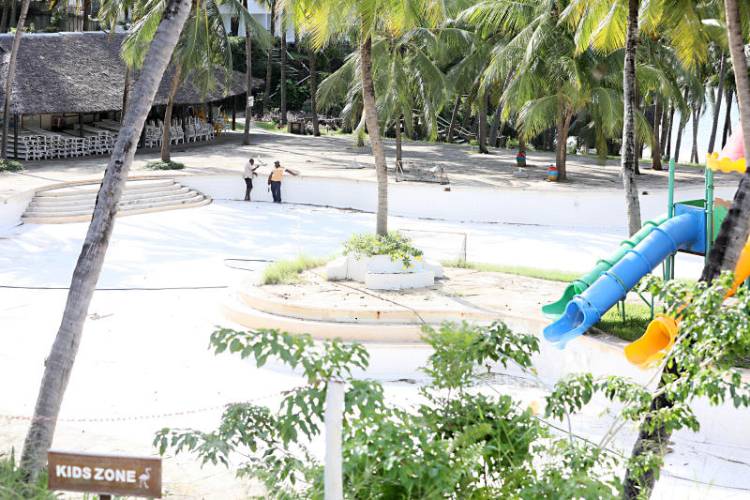×
The Standard e-Paper
Fearless, Trusted News

All restaurants, hotels, salons, spas and second hand clothes dealers in Mombasa have been directed to reapply for licences as part of stringent reopening measures to combat Covid-19.
The applications will be vetted by the County Covid-19 Emergency Committee co-chaired by Mombasa Governor Hassan Joho and County Commissioner Gilbert Kitiyo.